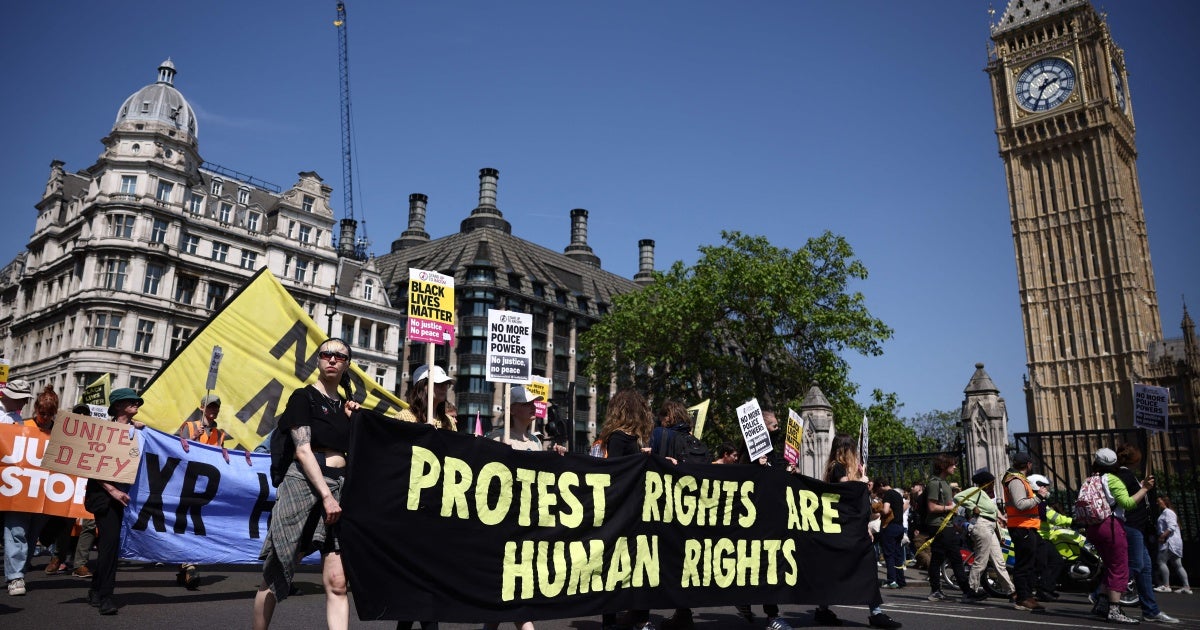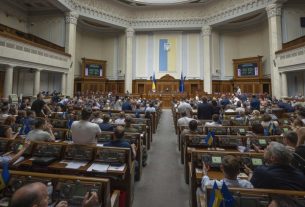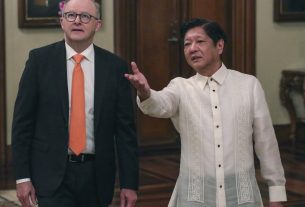United Nations human rights experts have raised grave concerns over the Iranian Supreme Court’s decision to uphold the death sentence of Kurdish activist Pakhshan Azizi, urging the Iranian authorities to annul the verdict and address the serious violations of her rights. Azizi, a prominent women’s rights advocate and humanitarian worker, was sentenced to death following her arrest in August 2023. Experts emphasize that the charges against her do not meet the threshold of the most serious crimes under international human rights law.
Azizi’s case highlights systemic issues within Iran’s justice system, including the use of torture to extract confessions, denial of legal representation, and a lack of a fair trial. She was arrested alongside her family by Iranian intelligence forces and held in solitary confinement for five months at Evin Prison. During this period, she was subjected to severe physical and psychological abuse in an attempt to force a confession, according to reports. Despite this, no credible evidence was presented to justify the accusations of armed insurrection and membership in the Kurdistan Free Life Party (PJAK), a Kurdish opposition group.
In July 2024, Azizi was sentenced to four years in prison and the death penalty by a Tehran Revolutionary Court. The sentence was confirmed by the Iranian Supreme Court in January 2025, despite the UN experts’ calls for its revocation. The UN has criticized the trial, highlighting the arbitrary nature of the verdict and the violation of Azizi’s rights, particularly the right to a fair trial and freedom from torture.
Kurdish women’s rights groups have strongly condemned the sentence, staging protests in various regions, including one outside the Kurdistan Provincial Governor’s office on January 15, 2025. Demonstrators have called for the immediate annulment of the death sentence and the release of all political and religious prisoners.
Azizi’s case is part of a broader crackdown on dissent in Iran, particularly targeting human rights lawyers, activists, and women advocating for gender equality and the right to choose whether to wear the hijab. The Iranian government’s suppression of activists has drawn widespread international criticism, with organizations such as Amnesty International documenting ongoing repression, including arbitrary detentions, torture, and violations of fundamental freedoms.
The UN experts have called on Iran to conduct a thorough investigation into the allegations of torture and to ensure the protection of activists’ rights. The case of Pakhshan Azizi underscores the ongoing challenges faced by human rights defenders in the country and the urgent need for international pressure to protect their freedoms.



